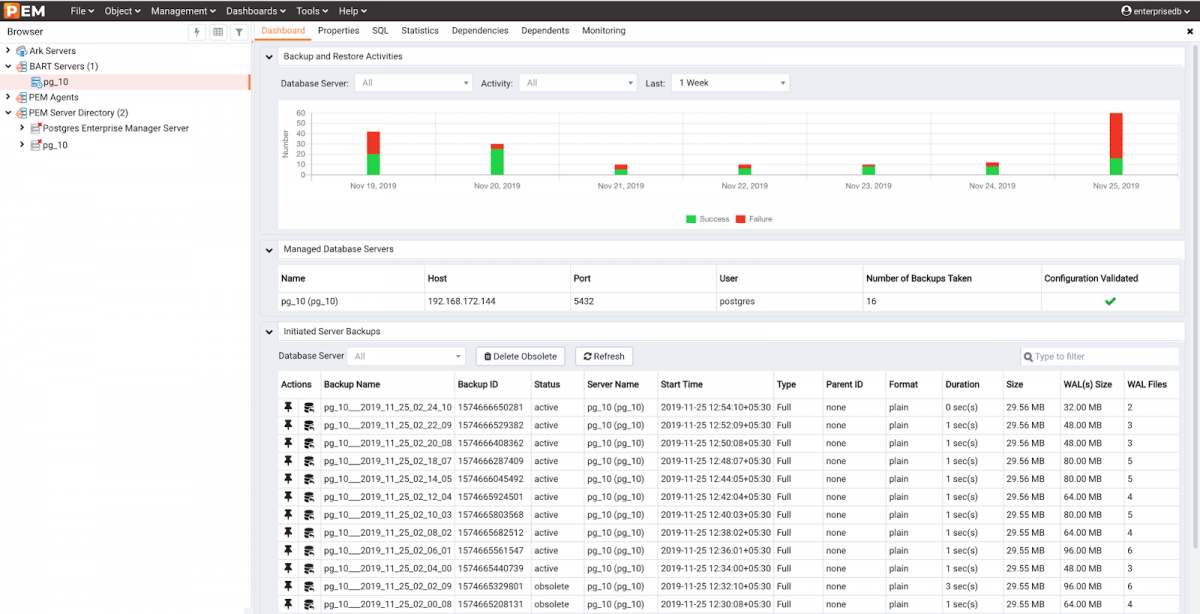
The first argument is used as the separator string, and should not be NULL. NULL arguments are ignored.Ĭoncat_ws ( sep text, val1 "any" ] ) → textĬoncatenates all but the first argument, with separators. chr(0) is disallowed because text data types cannot store that character.Ĭoncat ( val1 "any" ] ) → textĬoncatenates the text representations of all the arguments. In other multibyte encodings the argument must designate an ASCII character.
Postgres regex code#
In UTF8 encoding the argument is treated as a Unicode code point. Returns the character with the given code. Removes the longest string containing only characters in characters (a space by default) from the start and end of string. In other multibyte encodings, the argument must be an ASCII character.ītrim ( string text ) → text In UTF8 encoding, returns the Unicode code point of the character. Returns the numeric code of the first character of the argument. Returns true if the first string starts with the second string (equivalent to the starts_with() function). (Some of these are used internally to implement the SQL-standard string functions listed in Table 9.9.) There are also pattern-matching operators, which are described in Section 9.7, and operators for full-text search, which are described in Chapter 12. This is a non-standard syntax for trim().Ĭonverts the string to all upper case, according to the rules of the database's locale.Īdditional string manipulation functions and operators are available and are listed in Table 9.10. Removes the longest string containing only characters in characters (a space by default) from the start, end, or both ends ( BOTH is the default) of string. Substring('Thomas' similar '%#"o_a#"_' escape '#') → oma The first form has been specified since SQL:2003 the second form was only in SQL:1999 and should be considered obsolete. Substring ( string text FROM pattern text FOR escape text ) → textĮxtracts the first substring matching SQL regular expression see Section 9.7.2. Substring ( string text SIMILAR pattern text ESCAPE escape text ) → text Substring ( string text FROM pattern text ) → textĮxtracts the first substring matching POSIX regular expression see Section 9.7.3. Substring ( string text ) → textĮxtracts the substring of string starting at the start'th character if that is specified, and stopping after count characters if that is specified. Returns first starting index of the specified substring within string, or zero if it's not present. Position ( substring text IN string text ) → integer Overlay('Txxxxas' placing 'hom' from 2 for 4) → Thomas If count is omitted, it defaults to the length of newsubstring. Replaces the substring of string that starts at the start'th character and extends for count characters with newsubstring. Overlay ( string text PLACING newsubstring text FROM start integer ) → text Since this version of the function accepts type character directly, it will not strip trailing spaces.


Octet_length('josé') → 5 (if server encoding is UTF8) This function can only be used when the server encoding is UTF8. The optional form key word specifies the form: NFC (the default), NFD, NFKC, or NFKD. Returns number of characters in the string.Ĭonverts the string to all lower case, according to the rules of the database's locale.Ĭonverts the string to the specified Unicode normalization form. Returns number of bits in the string (8 times the octet_length).

Note that checking for normalization using this expression is often faster than normalizing possibly already normalized strings. This expression can only be used when the server encoding is UTF8. Text IS NORMALIZED → booleanĬhecks whether the string is in the specified Unicode normalization form. If you want to concatenate an array's text equivalent, cast it to text explicitly.) (The non-string input cannot be of an array type, because that would create ambiguity with the array || operators. Converts the non-string input to text, then concatenates the two strings.


 0 kommentar(er)
0 kommentar(er)
